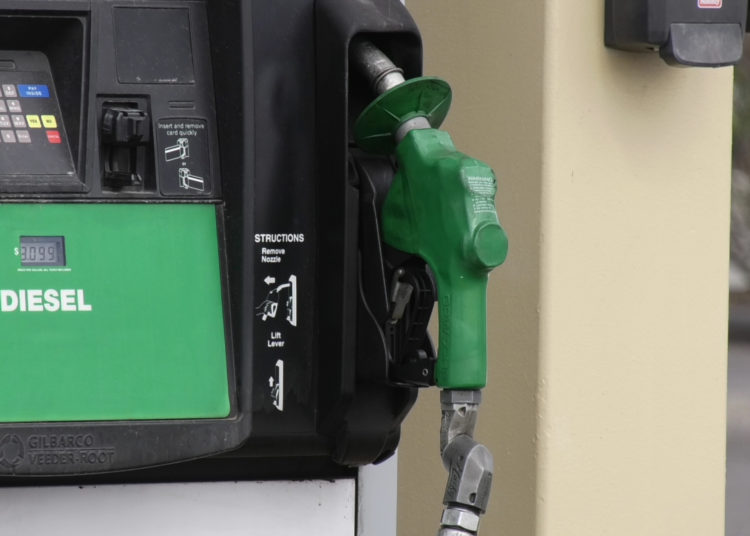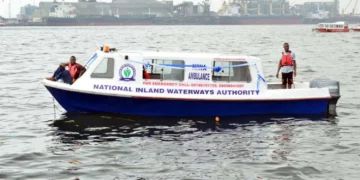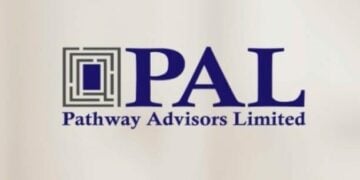The federal government has disclosed plans to raise the cost of passenger and freight train services to reflect the current reality of increase in operational costs especially in the price of diesel.
This portends tougher times for commuters and companies who would have to pay more for transportation in addition to the current high cost of of food and other basic necessities.
The ministry of Transportation, which made the planned increase known however said the price increase will be ‘minimal’.
Making this known in Lagos, managing director of the corporation, Engr. Fidet Okhiria said, the minimal increase has become inevitable as it now relies on Railway Property Company Limited to purchase diesel.
Companies in Nigeria have seen huge increase in their operating costs since this year began as the soaring costs of diesel and transportation have made it increasingly difficult for them to operate.
Fuel prices have soared since Russia invaded Ukraine in February, raising costs for firms in Nigeria, where many businesses rely on diesel-powered generators for power amid unstable grid electricity
The price of Automotive Gas Oil, popularly known as diesel, has soared by almost 178 per cent to N800 per litre from N288 in January, forcing some firms to restructure their production hours, while others completely shut down operations.
However, the current ticket fare per passenger from Lagos to Ibadan on Economy and Business Class is N2,500 and N6,000 respectively, while the inter state ticket fare for narrow gauge railway line from Iddo to Ijoko/Kajola is a flat rate of N460.00 per passenger.
The NRC managing director said explained that the current price of ticketing cannot meet the running cost of providing freight and passenger train services.
Okhiria stated further “that the management cannot go ahead and increase price of tickets like what currently obtains in the road sub-sector, adding that, management has sought approval from the transport ministry to adjust the cost of tickets.”
According to him, train services are currently subsidised as government provides funds for payment of salaries and capital projects.
The NRC boss also hinted that some interested bidders have submitted tenders to convert the diesel locomotives to use gas and electricity to power the trains.
He was however quick to add that the proposals will have to go through due process to authenticate its efficacy before approval can be granted.
While patronage of the Lagos to Ibadan train is not encouraging as some people felt the fare is high, observers said, further hike may lead to a slight drop in the volume of train passengers, especially, on inter-state trip.
The surging operating costs of firms in Nigeria show no signs of abating.
Segun Ajayi-Kadir, director general of the Manufacturers Association of Nigeria (MAN), recently urged the government to intervene to prevent many businesses from collapsing amid multiple challenges.
“It is therefore imperative that manufacturing be given priority and safe guarded against steep deadlines,” he said in a July statement





